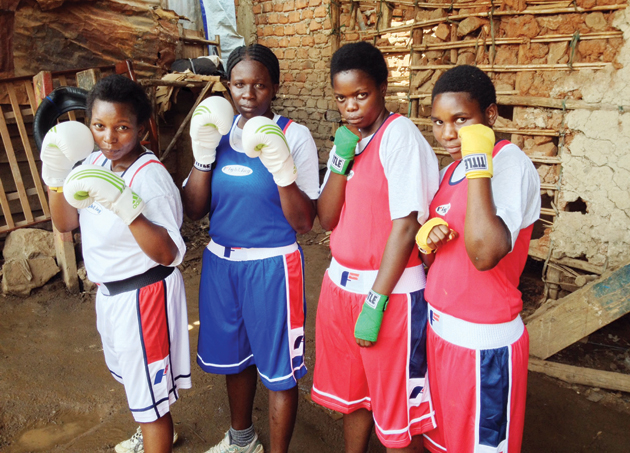Since announcing himself on the world stage with a PGA Tour victory as a rookie in 2019, Chile’s Joaquin Niemann has established himself as one of golf’s most exciting prospects.
It’s been a whirlwind six months on the course for the Santiago native, and a series of outstanding results have seen the 22-year-old break into the world’s top-30 for the first time.
It’s events at home in Chile. However, that will define this past year for Niemann.
“My cousin was born in October, and in the beginning, it was amazing,” Niemann tells CNN Living Golf’s Shane O’Donoghue.
However, joyful video calls home to celebrate the arrival of a new family member were short-lived.
“After a couple of weeks, we found out that he had a sporadic disease … in the beginning, we had no idea what it was, and over time, we figured out that it was bad.”
Niemann’s new-born cousin, Rafita Calderon, had been diagnosed with Spinal Muscular Atrophy (SMA), a rare inherited disorder stemming from a defective gene that leads to the death of nerve cells responsible for moving muscles that allow us to walk, talk, breathe and swallow, according to the National Institute of Neurological Disorders and Stroke.
Calderon required a one-time intravenous shot of the gene therapy medicine Zolgensma, labelled “the world’s most expensive drug.”
As many as 1 in 8,000 babies is estimated to be affected by one of the genetic mutations that cause it. That includes about 450 to 500 infants in the US per year, according to a Novartis — the parent company which markets Zolgensma — statement.
The treatment works by replacing a working copy of the defective gene into the nerve cells before they die and symptoms develop.
“We started getting worried about it and a little desperate because the only medicine and the only cure to help him live for more than two years would cost $2.1 million — we were going out of our minds,” explains Niemann.




